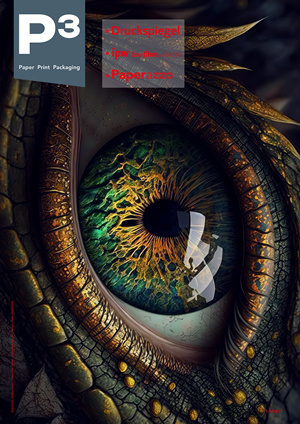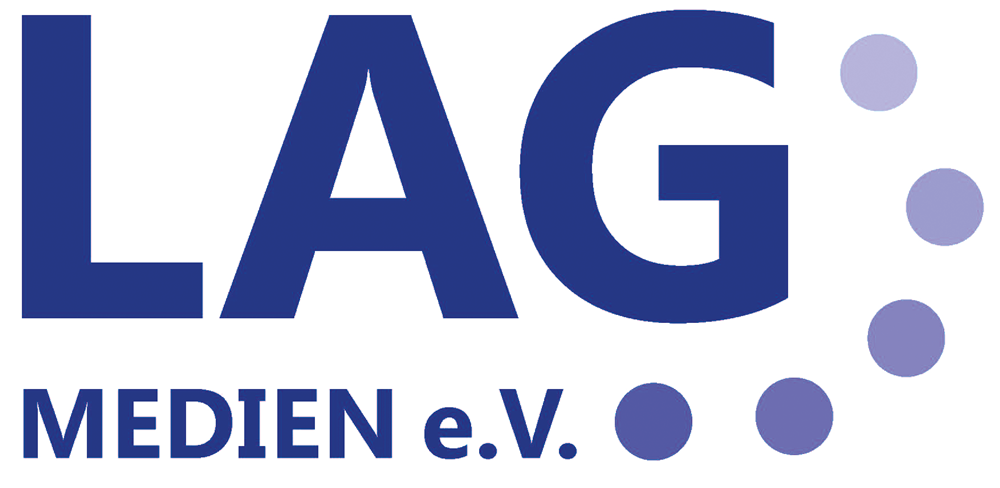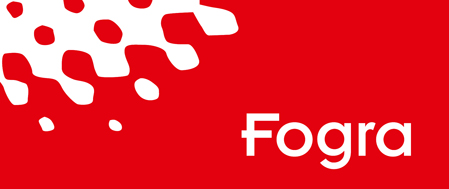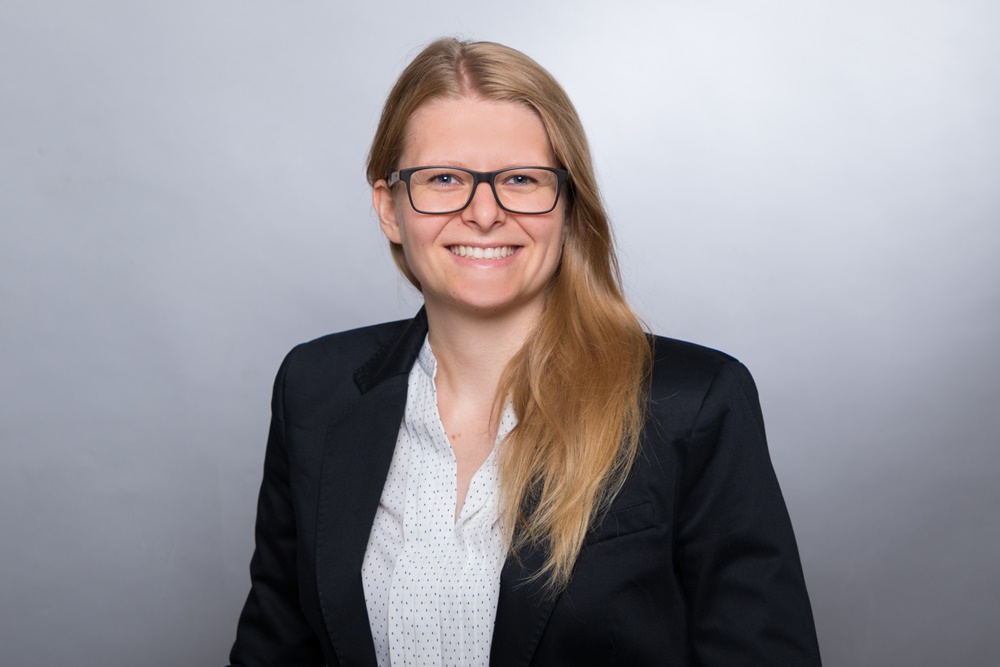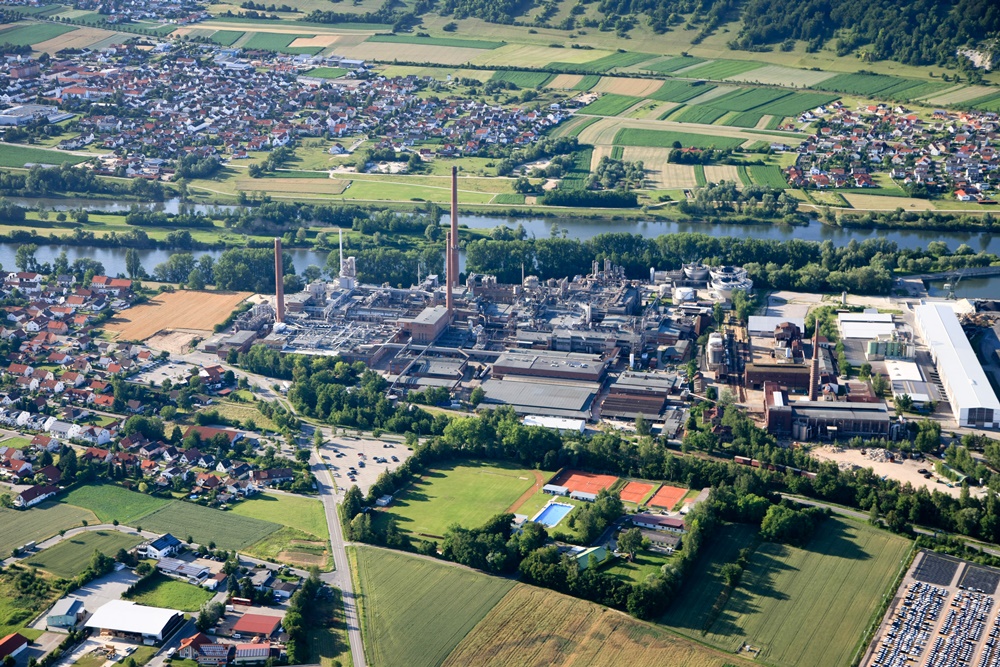P3 1-2/2021 en
Interview
EMAS: Certified Environmental Management at Kelheim Fibres
Concepts & Solutions
As the first manufacturer of viscose fibers, Kelheim Fibers GmbH has set up, validated and certified an EMAS environmental management system that goes beyond ISO 14001. We spoke to Theresa Schreiner, project manager at Kelheim Fibres, about the path to certification in pandemic times and the expectations associated with it.
Theresa Schreiner, EMAS project manager, Kelheim Fibres GmbH.
Ms. Schreiner, why did Kelheim Fibres decide in favor of such certification in an economically difficult pandemic environment?
The decision for EMAS validation had already been made and is part of our long-term strategic direction. The pandemic has not changed that, on the contrary: transparency, reliable supply chains and sustainability are more important than ever.
Sustainability is firmly anchored in our corporate philosophy. We make tailor-made fibres for end products that enable a healthy lifestyle and at the same time preserve the environment for future generations. This not only means that our fibres are made from renewable raw materials and are biodegradable, it also means that the production process is environmentally friendly and conserves resources.
Appropriate certification helps us to communicate this to the outside world as well. There is a whole range of environmental labels for this purpose, especially for individual products. However, since we are a relatively small company, we had to weigh up the effort and costs and therefore decided on a - but the strictest and most comprehensive - certification of the production process.
The implementation was made a little more difficult by the pandemic - as everywhere, many colleagues work from their home office and there is only a minimum staffing on site, so we first had to create the technical prerequisites to get everyone involved “around the table”. In the meantime, however, it works very well and the EMAS validation has only been postponed by a few weeks.
What advantages does the EMAS certificate offer compared to a "conventional" certification according to EN ISO 14001?
As already said, EMAS is the most comprehensive certification in this area. It is not just about individual products, but about the entire environmental performance of a company.
EMAS includes ISO 14001 and goes beyond - in that EMAS demands more transparency: All data and measured values ??are disclosed and we have to clearly state our environmental goals. This has to happen annually as part of the environmental statement. In this way, not only the auditor can understand where we stand and whether we are achieving our goals - every authority, every customer, every neighbor, simply everyone who is interested can do that.
Incidentally, EMAS also includes a confirmation from the responsible authorities that there is no evidence of any legal violations in the environmental area by the company. This offers us a certain legal certainty and also goes beyond ISO 14001.
What requirements did Kelheim Fibres GmbH have to meet for this? Was the to-do list large or expensive or was the company already on the right track “anyway”?
We manufacture viscose fibres in a very environmentally friendly way and we are always working on further optimizing our processes and our use of resources, so we had already met the requirements in terms of content. But we had to collect all the data in a meaningful structure and set our environmental goals even more specifically and with clear target values. After all, it's not about individual measures, but about a system for the entire company.
We looked at all the work processes and the interfaces between the departments, everything should work together in a meaningful way. In addition, all employees were trained on EMAS, for example in the form of lectures, workshops and online learning tools.
Were there best practices that the company could use as a guide? How was the implementation proceeded?
We are the first viscose fibre manufacturer with EMAS validation, which is why we are a pioneer and could not “copy” a lot within the industry. But of course there are many other EMAS companies in related industries that have served as a good example.
We looked at these examples and derived our own system from them. We have based our goals on BREF, the state of the art, but also on other labels such as the Nordic Swan or the EU Ecolabel. Even if we already meet the values, we have looked where we see potential to undercut the specified values even further.
How do the employees feel about the system?
We are always very proud of the fact that, as a small and traditional company, we are flexible and open to new ideas. Our spirit of innovation is the reason why we compete with significantly larger manufacturers. This was also shown with the introduction of EMAS. Of course, at the beginning there were a few fears that the own workload could increase. However, these fears were quickly dispelled in the training courses: For the vast majority of employees, EMAS does not change their day-to-day work. And on the other hand there is a lot of positive feedback from employees who, through this project and the first publication of many figures and measured values, have now, according to their own statements, got a better view of "the big picture" beyond their own department horizon.
How did the certification audit work and what expectations does Kelheim Fibres associate with the certificate?
The first audit took place online for two days due to the pandemic. That was the theoretical part, so to speak, in which the structure of our entire system was queried: Who does what and how - and where and how is it documented?
For the final audit in November, one auditor was on site in Kelheim for a whole week, and another auditor was added for just under two days. During this week, all departments were audited on site and examined whether the theory was also being implemented in practice. At the same time, our environmental statement was thoroughly examined and the data sources of the published values ??checked.
With the OK of the auditors and the confirmation by the authorities, the IHK enters the company in the EMAS register and issues the certificate.
The EMAS certificate will help us to communicate our good environmental performance better and more credibly. For more and more customers, the aspect of sustainability is a decisive purchase criterion - with the EMAS certificate and the associated publication of our data, we have a unique selling point here that sets us apart from other viscose fibre manufacturers.
Ms. Schreiner, thank you very much for talking to us!

